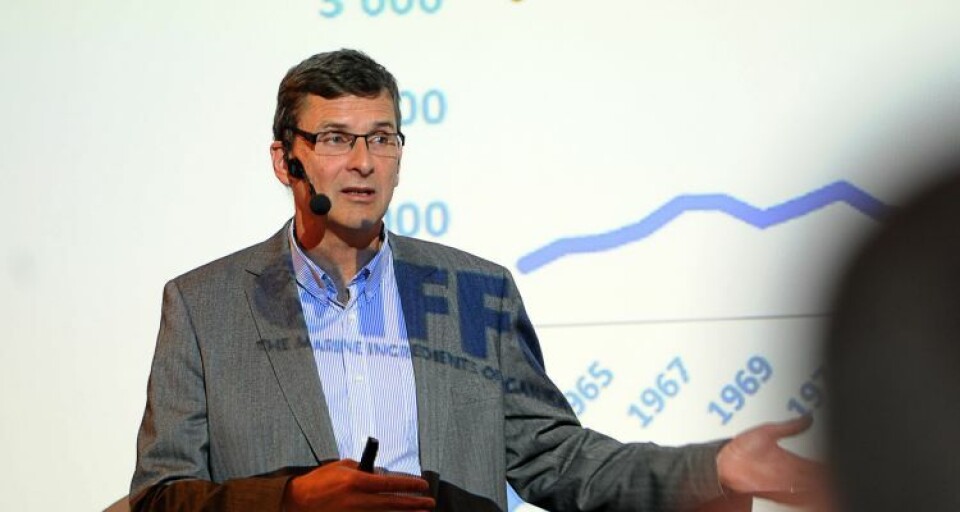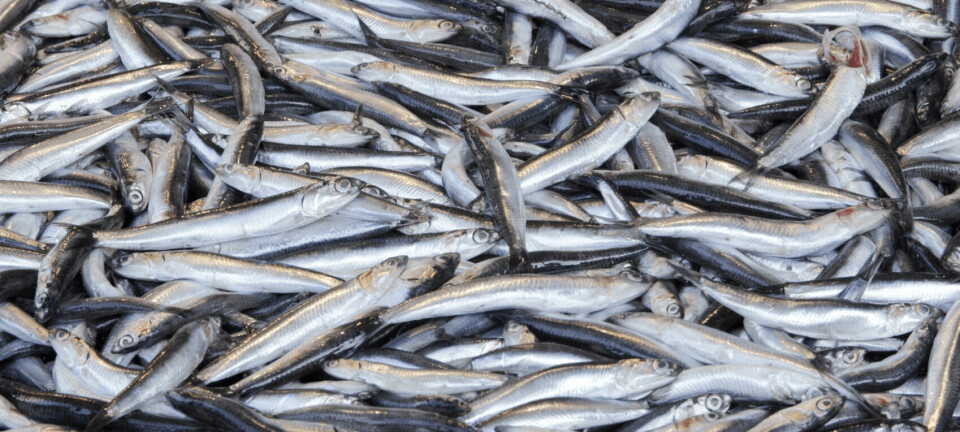
Seaweed sector strangled by bureaucracy
Marine regulations are handicapping Norway’s nascent seaweed industry, according to Harald Sveier from Ocean Forest, the kelp growing enterprise established by Lerøy Seafood Group and the Bellona Foundation.
“Plans to initiate integrated aquaculture – such as combining seaweed production with salmon farming – are undermined by the fact that coastal planning zones are too small to cope,” he argued at the recent Aqkva Stord conference.
“And what do we do with kelp, when a locality harvests it salmon and is left fallow?” he added rhetorically.
Sveier’s talk about the progress made by Ocean Forest over the last two years illustrated his exasperation with the existing bureaucracy and he pointed to the need to obtain shore-based access on public land for the production of species such as mussels and kelp.
“These are species that do not have the same footprint as salmon and are ecologically regarded as environmental improvement measures, yet public land is not being made available under current regulations,” he observed.
Other hurdles
He also pointed out that a number of other bottlenecks must be removed before industrial scale seaweed production can be economically viable – reflecting that, although Ocean Forest has had exciting results, it has not yet been profitable.
He then went on to emphasise the value of collaboration to ensuring the industry grows effectively.
“Lerøy has money in the bank and can afford to develop seaweed cultivation. We've done it for two years and will do so going forward as well, but that does not mean that we will have a monopoly on conducting this form of aquaculture. We are open about what we do, please contact us if you are interested in learning more,” he urged.
“We must learn from history, the salmon industry was developed as a joint effort in which all participants discussed the challenges and worked together on solutions. However, industries such as cod, halibut and mussels were very much marked by secrecy and the desire by individual players to be king of the hill. The strategy was bad and those industries are today virtually non-existent. Competitors are not next door, but the rest of the world," he added.
Another challenge lies in finding a market the end product, according Sveier.
“There is still no market for it. Therefore, I recommend not to start cultivation, without knowing someone who wants the product. We are working with the market, but it takes some time,” he said.
Effective processing of the seaweed – which has a high content of minerals, especially iodine and selenium – is a further challenge he believes needs to be addressed.
“We need to know if this is an actual problem, how to solve it and how it can affect the application of the seaweed we produce,” Sveier added.




















































